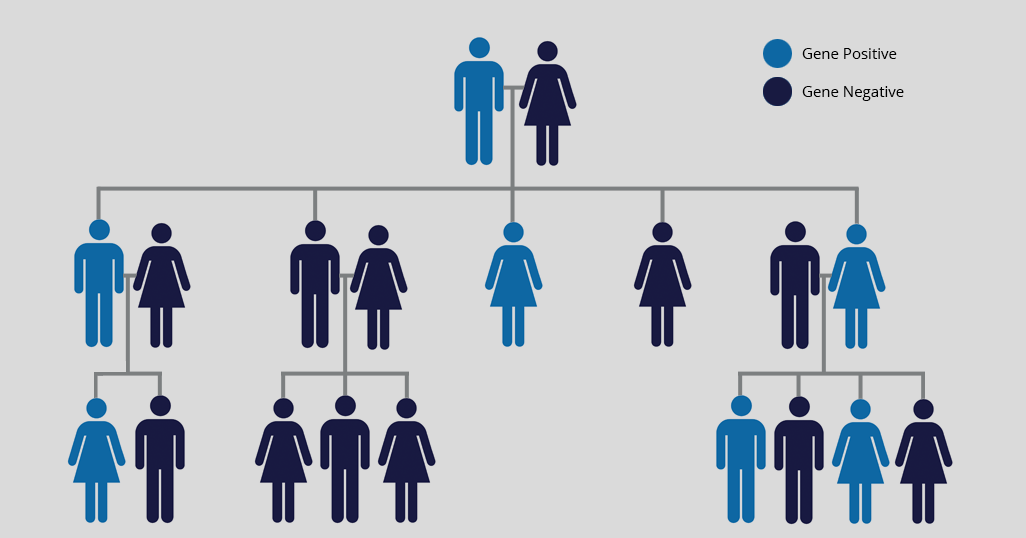Mainly because he it has been over a year since his last appointment with her and he is supposed to have yearly appointments to discuss his progression in the disease. It was also in part because he has been experiencing an issue with choking on certain foods for a while now. He has to be careful what he eats because it can cause him to start coughing and it raised some concerns for us. After all, choking can be a major problem in a person with Huntington's Disease. He also wanted to mention the struggles with his platelet count and get her thoughts on it. And discuss his continued Restless Leg Syndrome issues.
He walked away with the best news ever:
Do you see that? "NO SYMPTOMS OF HUNTINGTON'S DISEASE".
Now, for anybody that has tested positive for Huntington's Disease before they show symptoms, you know how awesome that little piece of news is. Especially when the minor symptoms such as the chorea and cognitive issues usually begin showing up somewhere between the ages of 35 - 45 and you will be 46 in a few short months. A notation like this one is the best news you could hope for. Even though you know there are still some issues that need to be addressed.
The doctor thinks that the issues with the choking have more to do with acid reflux and other gastroenterological issues versus Huntington's Disease. Based on his symptoms and how the issue manifests itself, it does not present as a normal symptom of Huntington's Disease. So, he is being referred to a gastronterologist to discover the real issues.
As we thought, the platelet count issue is not related to Huntington's Disease. It, too, is a separate issue that will continue to be addressed by his Hematologist. She also said that taking out his spleen should not be a problem. I was a bit concerned how the removal of the spleen would present problems at a later date, but according to her - it is a non-issue.
So, overall a very good appointment.Yes, he does need to follow up with another doctor about some concerns and we are still dealing with the platelet count issue. However, that one little statement makes it a very successful appointment and you can walk away feeling much happier about how things are going. I know Robert did.


.png)












